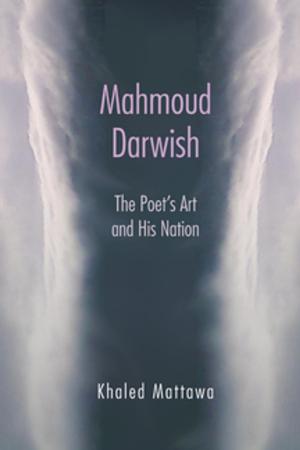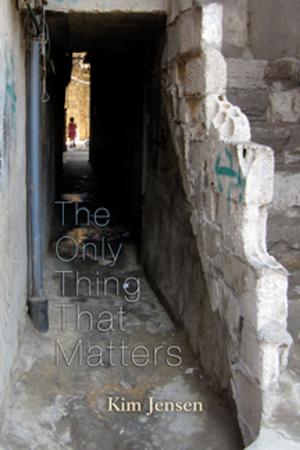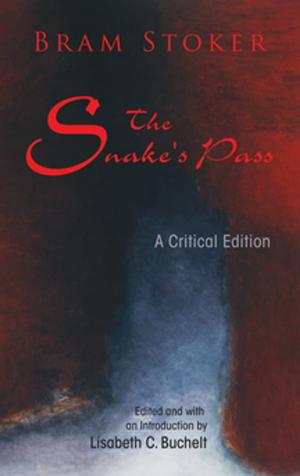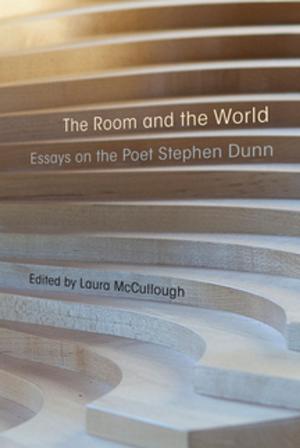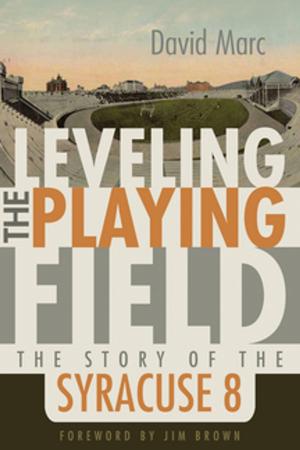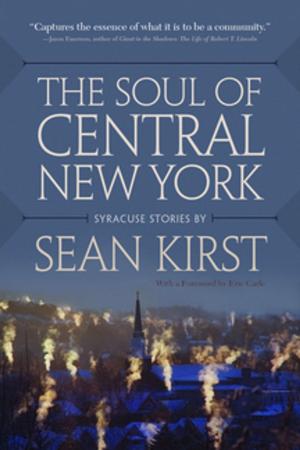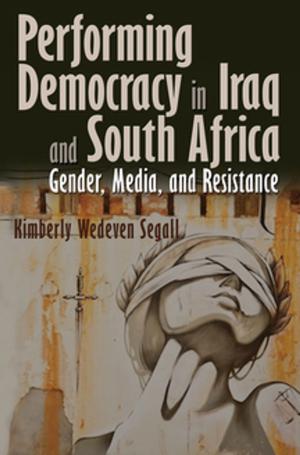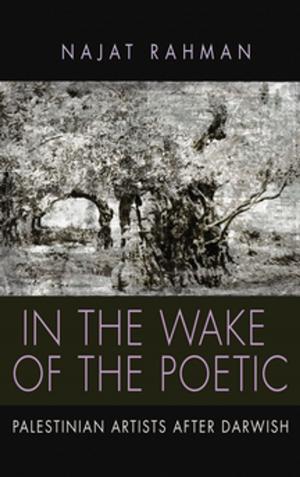Seamus Heaney as Aesthetic Thinker
A Study of the Prose
Fiction & Literature, Literary Theory & Criticism, British| Author: | Eugene O'Brien | ISBN: | 9780815653721 |
| Publisher: | Syracuse University Press | Publication: | April 4, 2016 |
| Imprint: | Syracuse University Press | Language: | English |
| Author: | Eugene O'Brien |
| ISBN: | 9780815653721 |
| Publisher: | Syracuse University Press |
| Publication: | April 4, 2016 |
| Imprint: | Syracuse University Press |
| Language: | English |
Seamus Heaney’s unexpected death in August 2013 brought to completion his body of work, and scholars are only now coming to understand the full scale and importance of this extraordinary career. The Nobel Prize–winning poet, translator, and playwright from the North of Ireland is considered the most important Irish poet after Yeats and, at the time of his death, arguably the most famous living poet. For this reason, much of the scholarship to date on Heaney has understandably focused on his poetry. O’Brien’s new work, however, focuses on Heaney’s essays, book chapters, and lectures as it seeks to understand how Heaney explored the poet’s role in the world. By examining Heaney’s prose, O’Brien teases out a clearer understanding of Heaney’s sense of the function of poetry as an act of public intellectual and ethical inquiry. In doing so, O’Brien reads Heaney as an aesthetic thinker in the European tradition, considering him alongside Heidegger, Derrida, Lacan, and Adorno. Studying Heaney within this theoretical and philosophical tradition sheds new and useful light on one of the greatest creative minds of the twentieth century.
Seamus Heaney’s unexpected death in August 2013 brought to completion his body of work, and scholars are only now coming to understand the full scale and importance of this extraordinary career. The Nobel Prize–winning poet, translator, and playwright from the North of Ireland is considered the most important Irish poet after Yeats and, at the time of his death, arguably the most famous living poet. For this reason, much of the scholarship to date on Heaney has understandably focused on his poetry. O’Brien’s new work, however, focuses on Heaney’s essays, book chapters, and lectures as it seeks to understand how Heaney explored the poet’s role in the world. By examining Heaney’s prose, O’Brien teases out a clearer understanding of Heaney’s sense of the function of poetry as an act of public intellectual and ethical inquiry. In doing so, O’Brien reads Heaney as an aesthetic thinker in the European tradition, considering him alongside Heidegger, Derrida, Lacan, and Adorno. Studying Heaney within this theoretical and philosophical tradition sheds new and useful light on one of the greatest creative minds of the twentieth century.


